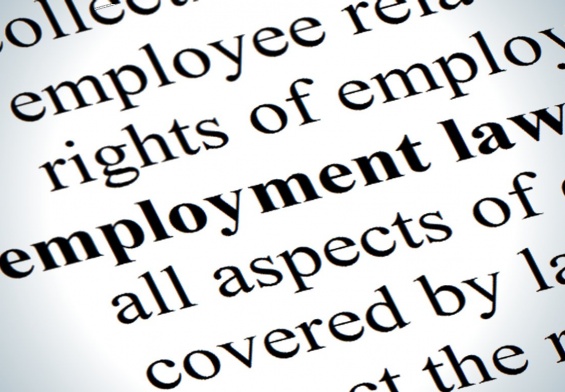Originally posted on: https://www.employmentlit.com/2023/01/31/new-jersey-continues-minimum-wage-increases-15-per-hour-by-2024/
By: Ty Hyderally, Esq., Jennifer Vorih, Esq., and Tom Daly
New Jersey has joined 23 other states in raising its state minimum wage for hourly workers this year. The wage increases in the 23 states will account for more than $5 billion in pay boosts for an estimated 8.4 million workers, the Economic Policy Institute estimates. This increase is larger than typical, and is likely explained by record inflation levels, increases in the Consumer Price Index (CPI), and an unpredictable hourly workforce as the nation continues to heal from pandemic-related closures and costs.
As of January 1, 2023, New Jersey’s minimum wage is $14.13 per hour for most employees. The state had originally planned a $1 increase from the previous minimum of $13 per hour, but opted for a $1.13 increase. The increase is part of an overall plan by the Murphy administration to raise the state’s minimum wage to $15 per hour by 2024, based on legislation passed in 2019. N.J. Stat. § 34:11-56a1; N.J. Stat. § 34:11-56a4. The New Jersey Department of Labor and Workforce Development (NJDOL) sets the minimum wage for the coming year using the rate specified in the law or a calculation based on the CPI, whichever is higher. N.J. Stat. § 34:11-56a40(d)(1)(c)(i)-(ii). Once the minimum wage increases to $15 per hour, the state Constitution specifies that annual minimum wage increases thereafter will be based solely on the CPI. When Governor Murphy took office in 2018, New Jersey’s minimum wage was $8.60 per hour. “Putting our minimum wage on a clear path to $15 an hour and setting us among the nation’s leading states remains one of my proudest moments,” Murphy said in a news release. “This increase will ensure that hundreds of thousands of hardworking people across our state are paid a wage that allows them to provide for their families and live with greater dignity.”
Under New Jersey’s 2019 law, seasonal and small employers (with fewer than five employees) were given until 2026 to pay their workers $15 per hour. N.J. Stat. § 34:11-56a1(n), (o), (p); N.J. Stat. § 34:11-56a4. The minimum hourly wage for these employees increases to $12.93 per hour this year, up from $11.90. Wage increases for agricultural workers are also on a separate timetable, which will result in a $15 per hour minimum wage in 2027. N.J. Stat. § 34:11-56a4(a). Employees working on farms will see their minimum hourly wage increase to $12.01 this year, up from $11.05. Additionally, long-term care facility direct care staff will see their minimum wage rise by $1.13 this year, to $17.13. N.J. Stat. § 34:11-56a1(q); N.J. Stat. § 34:11-56a4(i). Tipped workers’ minimum cash wage will increase to $5.26 per hour, with employers able to claim an $8.87 per hour tip credit, an increase in the maximum allowable tip credit of $1. If the minimum cash wage plus an employee’s tips do not equal at least the state minimum wage, then the employer must pay the employee the difference. N.J. Stat. § 34:11-56a4(c).
If you think your employer is underpaying you, or you think you have not been paid the wages you are owed, you may want to consider taking legal action.
[embedyt] https://www.youtube.com/watch?v=E4pqH7IKhw0[/embedyt]
To read the 2019 Minimum Wage law’s final bill text, click here: https://legiscan.com/NJ/text/A15/2018/.
To view a chart detailing various minimum wage increases by year, click here: https://www.nj.gov/labor/wageandhour/assets/PDFs/minimumwage_postcard.pdf.
For more on the rights and protections of tipped workers, click here: https://www.nj.gov/labor/worker-protections/myworkrights/tippedworkers.shtml.
For more information on the state minimum wage, click here: https://www.nj.gov/labor/wageandhour/support/faqs/wageandhourworkerfaqs.shtml#minimumwage.
En nuestra firma hablamos español. This blog is for informational purposes only. It does not constitute legal advice, and may not reasonably be relied upon as such. If you face a legal issue, you should consult a qualified attorney for independent legal advice with regard to your particular set of facts. This blog may constitute attorney advertising. This blog is not intended to communicate with anyone in a state or other jurisdiction where such a blog may fail to comply with all laws and ethical rules of that state of jurisdiction.




